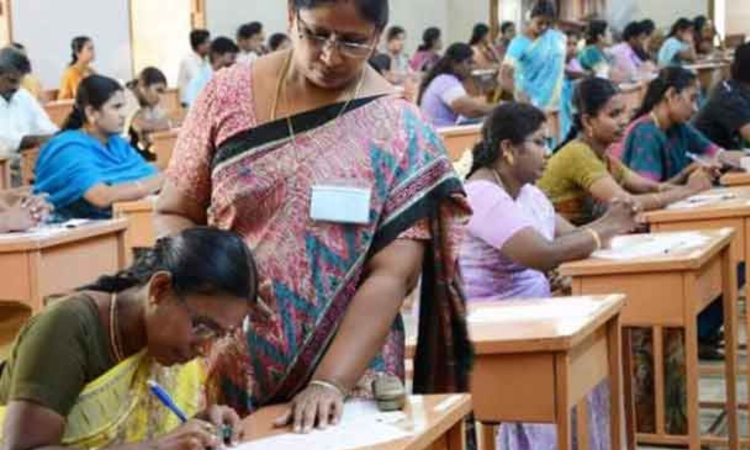Higher Education dept to train principals on administration
The training by the Anna University Management Training Institute will cover a range of topics relevant to academic and administrative leadership, effective governance.

Representative Image
CHENNAI: For the first time, the Higher Education Department will impart comprehensive administrative training to the principals and joint directors of government arts, science, education, and engineering colleges in the State.
The training by the Anna University Management Training Institute will cover a range of topics relevant to academic and administrative leadership, effective governance.
A senior official from the Higher Education Department said that the head of the institution will be given a detailed training on how to use the Right to Information Act (RTI). “At present, principals do not use the RTI Act in a uniform or legally prescribed method,” he said, adding, “RTI requests handled by principals, who also function as Public Information Officer, typically involve information related to admissions, finances, exams, staff qualifications, and official policies.”
Stating that a head of the institution or designated official could also file an RTI request, just like any other common people, the official said, “This training will also help the principals to seek information under RTI from the Ministry of Education.” The official also said the RTI Act training will also impart knowledge on how to file online applications.
In addition, all the rules and regulations concerning the Tamil Nadu Public Service Commission (TNPSC) will also be taught to the principals, he said. “As part of this exercise, they will get access to details including notifications, instructions to applicants, and rules of procedure, which are found on the official TNPSC portal,” he said, adding, “This would help them provide vital information to the students, who aspire to secure a government job.”
Stating that training will also focus on the pending cases in various courts related to higher education, he said, “This will help them gain knowledge on how to effectively handle such cases. Pointing out that training would be given in batches, he said that each batch would have 40 people.



